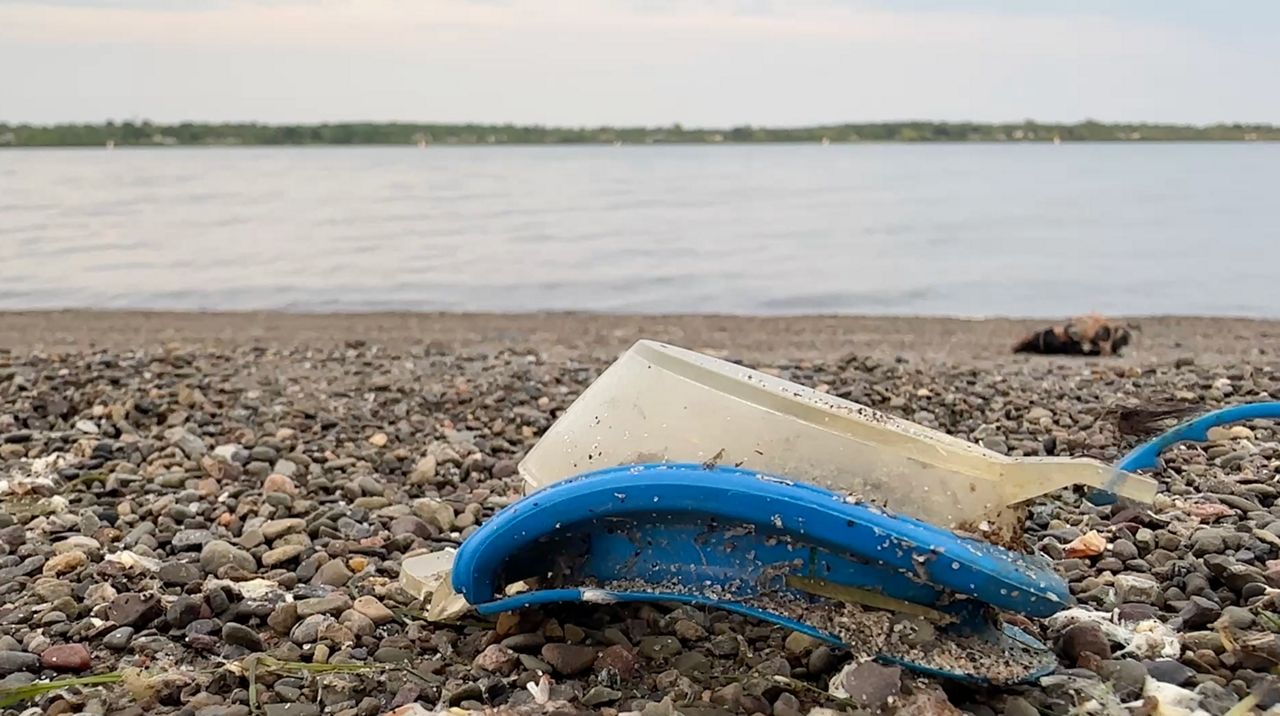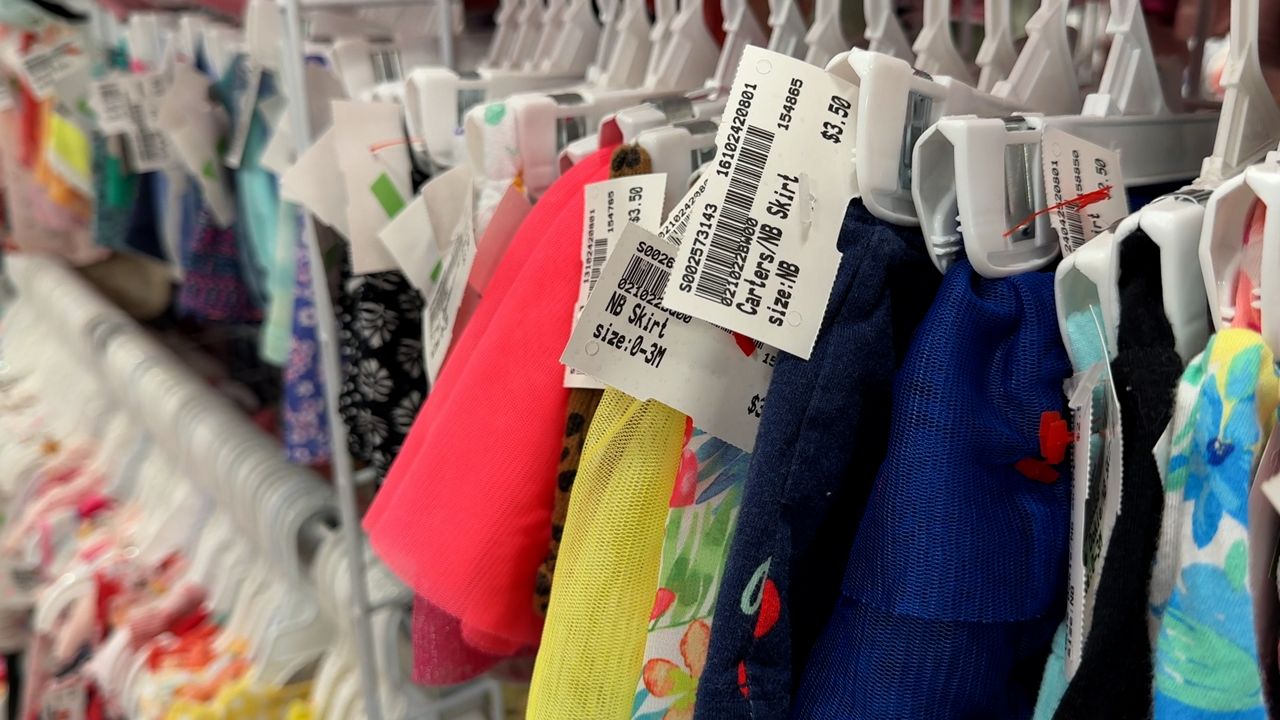EAST AURORA, N.Y. — The winter season can be particularly dangerous for honey bees.
Large numbers of bees are dying off during the cold months. Anywhere from 35-75% of some colonies will be lost.
The cause is not currently known, although suspected culprits range from pesticides to mites and colony collapse disorder when the majority of worker bees in a colony disappear.
Local beekeepers are doing what they can to keep their hives safe during the winter.
Mike Modrzynski is a beekeeper who owns Fairytale Farms, right in his backyard in East Aurora. Once a week he heads into the woods to check in on his "his girls," the bees.
Modrzynski started the honey farm with just three hives. Now he has 30. He’s gearing up for the winter and gearing his girls up for the colder months as well through a process called winterization.
“It gives the livestock a leg up on surviving through the winter. Through the season,” he said.
There are three primary causes of death for honey bees during the winter — moisture, starvation and disease. As the winter temperatures near, Modrzynski adds extra ventilation to let the moisture out of the hives, and fights off the cold through insulating them.
"These bees are partially domesticated. So they choose to remain in our boxes because we do provide that extra support," Modrzynski said.
That extra support goes a long way. During his first year as a beekeeper, Modrzynski learned how deadly winter can be for bees, even after winterization.
“I lost one out of three and that one was lost to just being too weak," he said. "They couldn’t maintain temperature in the cluster and therefore they starved with honey stores just inches away from them on either side of them.”
Other causes are leading to colony loss. According to a survey by the nonprofit Bee Informed partnership, last year the average beekeeper in New York lost about 57% of their colonies. New York state as a whole lost 54% of its managed colonies. That’s due to mites and queen issues.
The colony mortality rate fluctuates and with this in mind, beekeepers want to do everything they can to protect their bees. Beekeepers also rescue bees from hives in unwanted places to restore their hives after those losses.
Modryzynski says people can help protect honeybees as well.
“Plant native pollinator flowers," said Modrzynski. "Get a small garden. Let your lawn go a little bit more natural.”
Back and forth from the hives, Modrzynski will make many more trips this winter to make sure his bees live to see the next warm weather.
For more information on protecting bees, head to the Fairytale Farms Facebook page.









